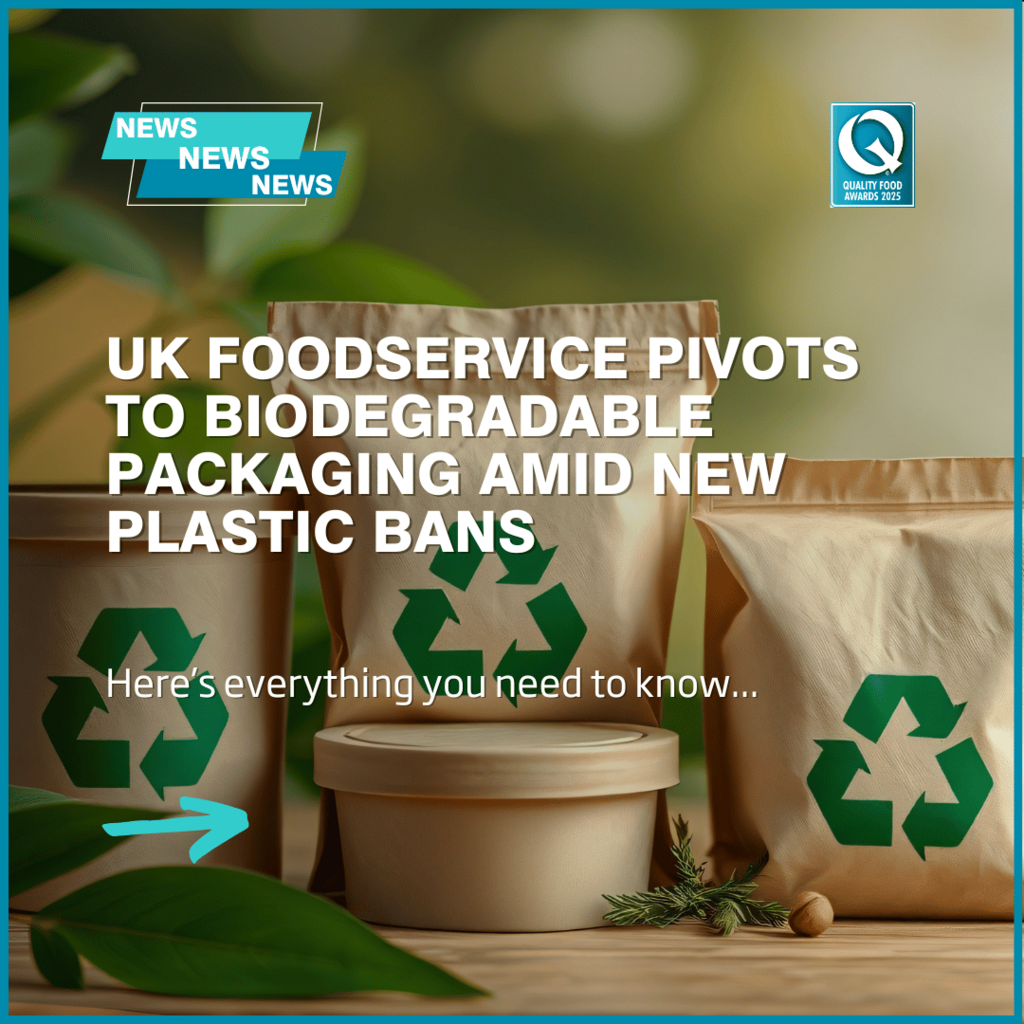
UK foodservice pivots to biodegradable packaging amid new plastic bans
UK foodservice businesses are rapidly shifting to certified biodegradable packaging like Bioleader® products following new government bans on single-use plastics. The move aligns with evolving environmental regulations, cuts waste disposal costs, and boosts brand loyalty among eco-conscious consumers.
The UK foodservice industry is witnessing a significant transformation as it embraces biodegradable packaging solutions in response to tightening environmental regulations and increasing consumer demand for sustainable alternatives. Traditional single-use plastics are rapidly being phased out, replaced by eco-friendly materials that not only comply with new government policies but also appeal to a growing base of environmentally conscious consumers. This shift represents both a strategic business decision and an ethical imperative for restaurants, cafés, and takeaway brands aiming to align with evolving market expectations.
Biodegradable packaging typically consists of renewable resources such as bagasse, derived from sugarcane fibre, cornstarch, and kraft paper. Unlike conventional plastics, these materials decompose naturally in composting environments, substantially reducing landfill waste and mitigating pollution. Industry pioneers continue to innovate, offering products that meet or exceed the performance standards of traditional plastic packaging. Companies like Bioleader®, a notable manufacturer, have gained prominence in the UK and European markets by providing certified compostable and food-safe options. Their range includes bagasse tableware, cornstarch cutlery, and kraft paper bowls, which have found favour among London's cafés and food markets.
The regulatory landscape has been a major catalyst for this shift. Since 1 October 2023, the UK government has enforced bans and restrictions on several single-use plastic items, including cutlery, balloon sticks, and polystyrene cups and food containers. These measures form part of a comprehensive strategy aiming to eliminate avoidable plastic waste by 2042. The bans build upon earlier initiatives such as the 2018 microbead ban and the 2022 Plastic Packaging Tax. Additionally, the introduction of the Extended Producer Responsibility (EPR) scheme mandates that producers bear financial responsibility for their products throughout their lifecycle, encouraging the design of recyclable packaging and ensuring disposal costs are covered. This regulatory framework not only targets the reduction of plastic pollution but also promotes sustainability and circular economy principles.
Real-world impacts are already evident. Several London-based foodservice businesses report enhanced customer satisfaction and increased brand loyalty following the adoption of compostable packaging. One major food delivery company, for example, reduced its waste disposal costs by 20% within a year after switching to Bioleader®’s biodegradable clamshell boxes and cutlery. Beyond compliance and cost savings, businesses recognise the marketing advantages of positioning themselves as eco-leaders, which helps to attract new customers and future-proof operations against further regulatory changes.
For foodservice businesses seeking to transition effectively, choosing reliable suppliers is crucial. Experts recommend sourcing products with recognised certifications such as EN13432, OK Compost, and BPI, and seeking samples and technical data to ensure suitability. Custom branding options and considerations of the total cost—including logistics and after-sales support—should also inform decision-making. As the market for sustainable packaging matures, companies like Bioleader® offer tailored advice and solutions to help businesses navigate this evolving terrain.
Sustainable packaging has moved beyond a mere trend; it is now an essential aspect of the UK foodservice industry’s future. Businesses that act promptly will not only meet stringent regulatory requirements but also strengthen their brand reputation, foster customer loyalty, and contribute to the broader environmental agenda aimed at reducing plastic waste and promoting circularity.